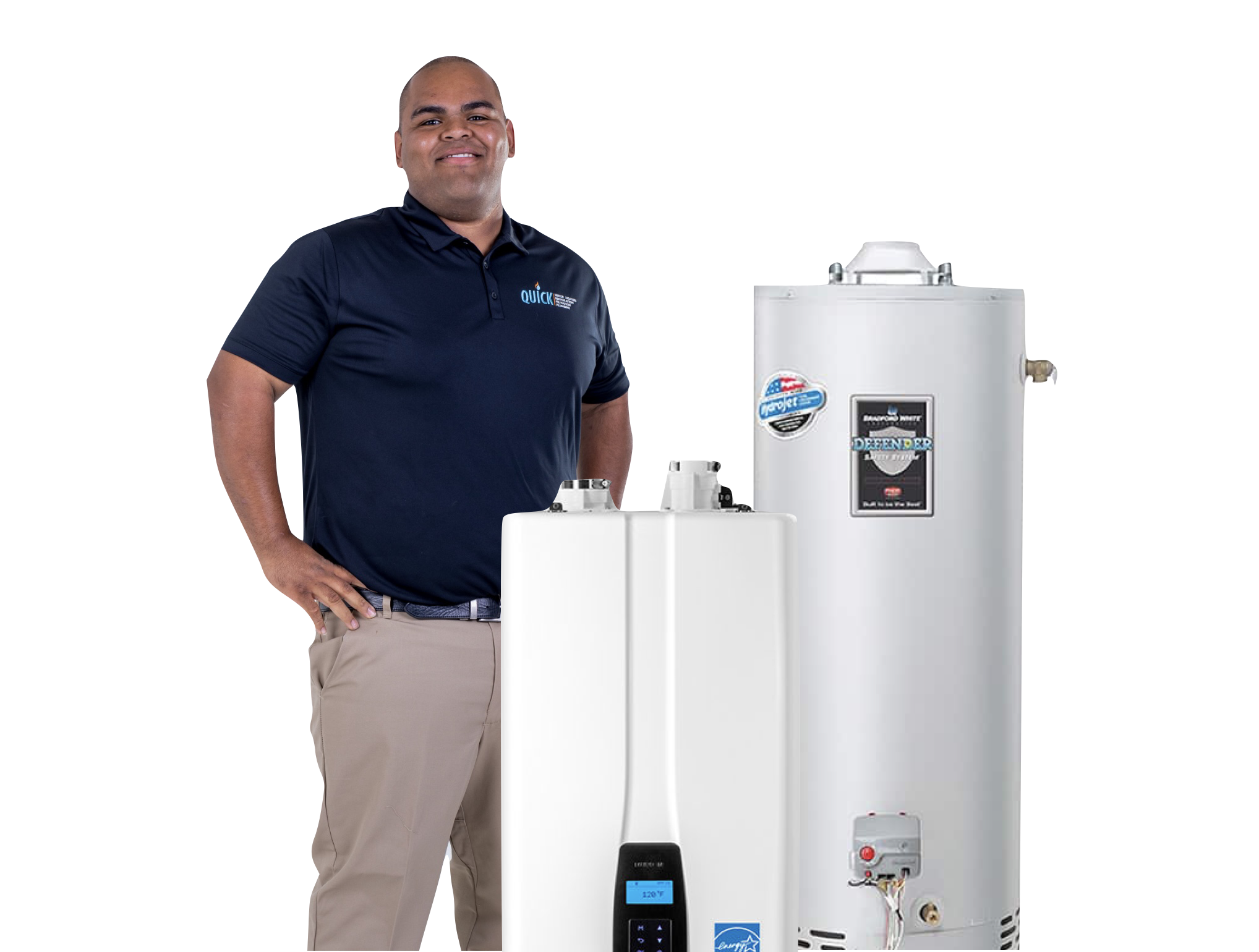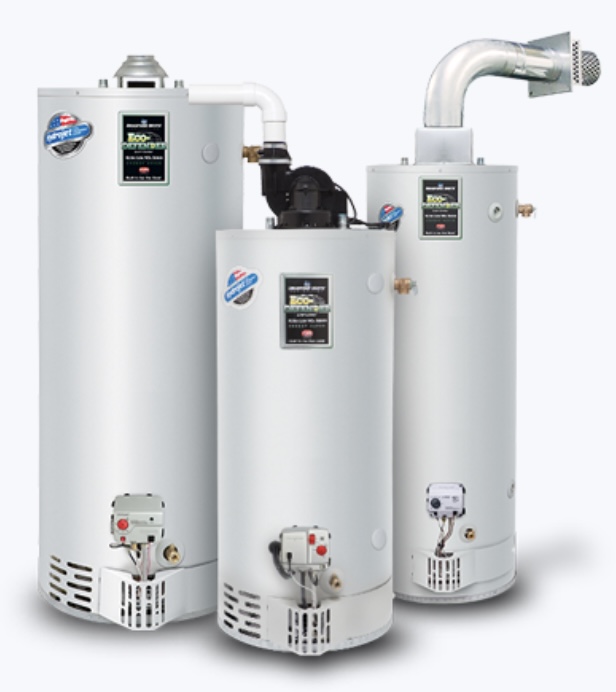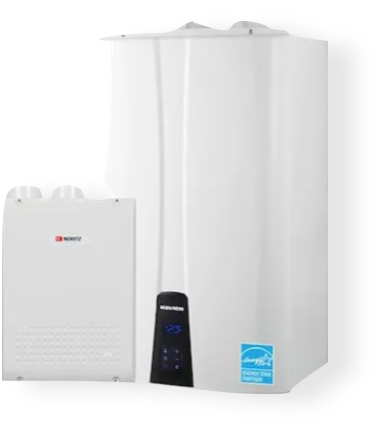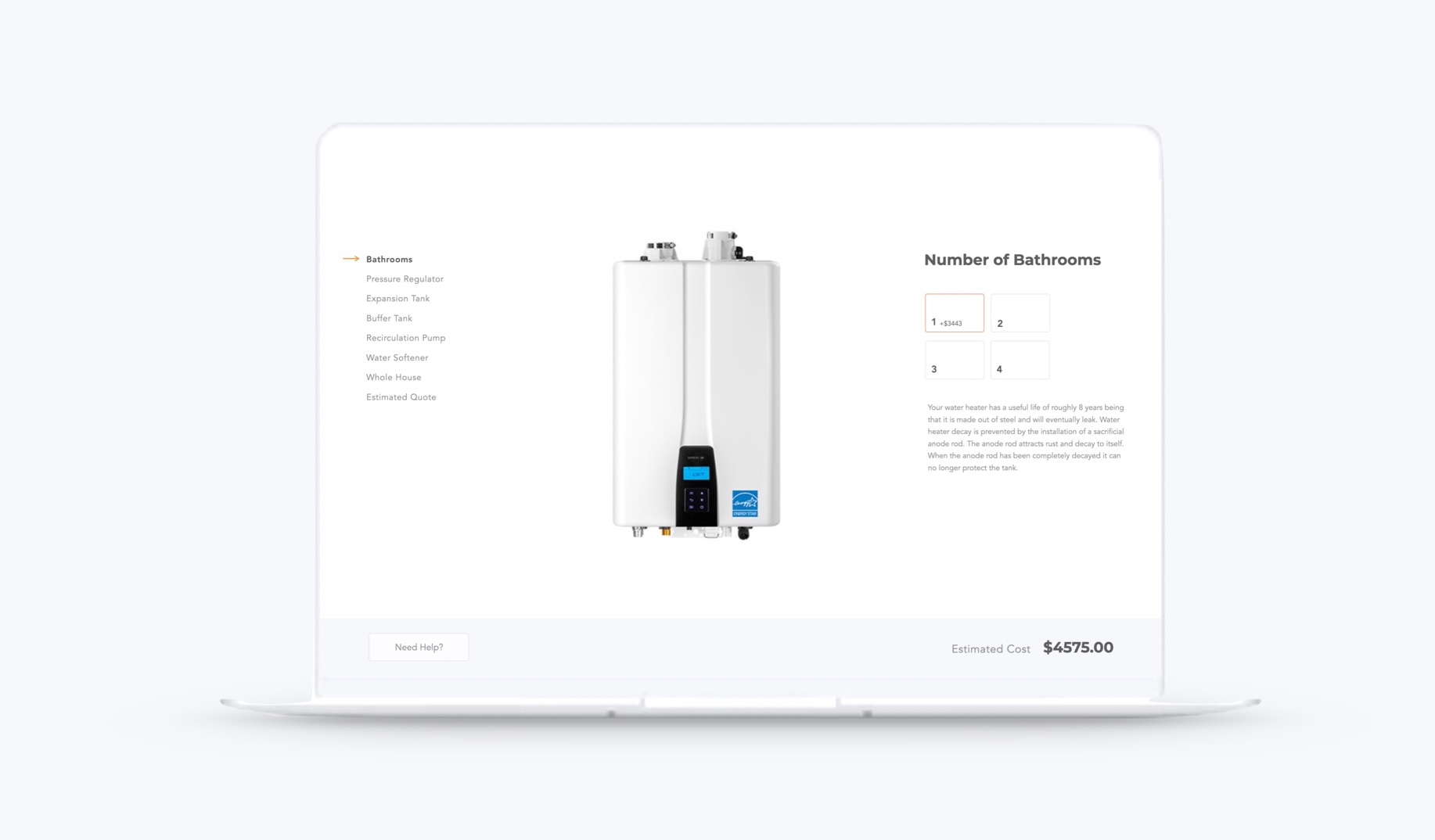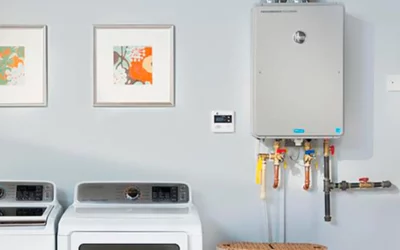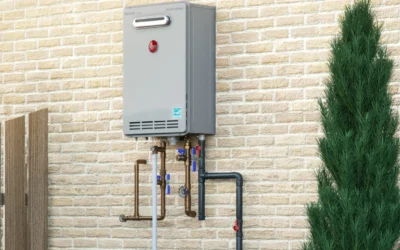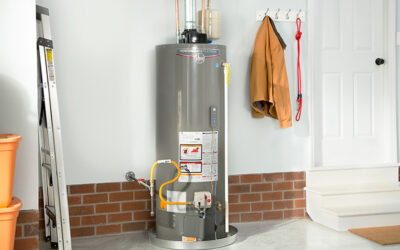When it comes to hat water heater repair, it is crucial to address any issues promptly to ensure a continuous supply of hot water. Whether it’s a malfunctioning hot water heater or common issues with the heating system, professional repair services can provide the necessary expertise to diagnose and fix the problem. Regular maintenance is also essential to prevent any potential overheating or other issues. By choosing a reliable hot water heater repair service, you can ensure the longevity and efficiency of your system.
Heating Hot Water Heater Repair
For those in need of heating hot water heater repair, it is important to address the issues promptly and efficiently to ensure the proper functioning of the system.
Signs of a malfunctioning hot water heater
Signs of a malfunctioning hot water heater can vary, but there are some common indicators to look out for. One of the most obvious signs is a lack of hot water or inconsistent water temperature. If your hot water heater is not producing hot water at all or if the temperature fluctuates frequently, it may be a sign of a malfunction. Another sign to watch for is strange noises coming from the heater, such as banging, popping, or rumbling sounds. Leaks around the heater or water pooling around the unit are also red flags. Additionally, if you notice a metallic taste or unusual smell in your hot water, it could be a sign of a problem with the heater. Any of these signs should prompt you to seek professional hot water heater repair to prevent further damage and ensure your hot water supply is restored.
Common issues with hot water heater
When it comes to hot water heaters, there are several common issues that homeowners may encounter. These issues can range from minor inconveniences to more serious problems that require professional repair. One common issue with hot water heaters is a lack of hot water or inconsistent water temperature. This can be caused by a faulty thermostat, heating element, or sediment buildup in the tank. Another common issue is a leaking hot water heater, which can be caused by a damaged or corroded tank or faulty valves. Additionally, hot water heaters may experience issues with low water pressure or strange noises coming from the tank. It is important to address these common issues promptly to ensure the proper functioning of your hot water heater and to avoid potential damage to your home.
Hot Water Heat Repair
Hot Water Heat Repair is an essential service that highlights the importance of regular maintenance and provides troubleshooting steps to address common hot water heat problems.
Importance of regular maintenance
Regular maintenance is crucial for ensuring the optimal performance and longevity of your hot water heater. By regularly inspecting and servicing your hot water heater, you can identify and address any potential issues before they escalate into major problems. This can help prevent costly repairs or even the need for a complete replacement of the unit. Regular maintenance also ensures that your hot water heater operates efficiently, which can result in energy savings and lower utility bills. Additionally, regular maintenance helps to maintain the safety of your hot water heater by reducing the risk of malfunctions or leaks. To ensure the continued functionality and reliability of your hot water heater, it is recommended to schedule regular maintenance with a professional technician.
Steps to troubleshoot hot water heat problems
When faced with hot water heat problems, it is essential to follow a systematic approach to troubleshoot and identify the underlying issues. Here are the steps to effectively troubleshoot hot water heat problems:
- Step 1: Check the power supply to the hot water heater and ensure it is properly connected.
- Step 2: Inspect the thermostat settings and adjust them if necessary.
- Step 3: Examine the pilot light or ignition system and relight or repair if needed.
- Step 4: Check the gas or fuel supply to ensure it is sufficient and not interrupted.
- Step 5: Inspect the water supply valve and ensure it is fully open.
- Step 6: Check for any leaks or blockages in the water pipes or valves.
- Step 7: Test the pressure relief valve to ensure it is functioning correctly.
- Step 8: Clean or replace the heating elements or burners if they are dirty or damaged.
- Step 9: If all else fails, consider calling a professional hot water heater repair service for further assistance.
By following these troubleshooting steps, you can effectively identify and resolve hot water heat problems, restoring the functionality of your hot water heater.
Hot Water Heater Heater Repair
Hot Water Heater Heater Repair is a comprehensive guide that provides information on the causes of hot water heater overheating and how to prevent it, ensuring the efficient and safe functioning of your hot water heater.
Causes of hot water heater overheating
There are several causes that can lead to hot water heater overheating. One common cause is a malfunctioning thermostat, which fails to regulate the temperature and allows the water to become excessively hot. Another possible cause is a faulty pressure relief valve, which is responsible for releasing excess pressure in the tank. If this valve is defective or blocked, it can result in overheating. Additionally, sediment buildup in the tank can lead to overheating as it insulates the heating element, causing it to work harder and generate more heat. Regular maintenance and inspection of the hot water heater can help identify and prevent these causes of overheating.
How to prevent hot water heater overheating
Hot water heater overheating can lead to a range of issues, including damage to the unit and potential safety hazards. Preventing hot water heater overheating is crucial to ensure the longevity and efficient functioning of your water heating system. Here are some steps you can take to prevent hot water heater overheating:
- Check and adjust the thermostat settings: Ensure that the temperature on the thermostat is set to an appropriate level. The recommended setting is typically between 120 to 130 degrees Fahrenheit.
- Insulate the hot water heater: Consider adding insulation to your hot water heater to minimize heat loss and reduce the risk of overheating. Insulation wraps or blankets can be easily installed.
- Maintain proper ventilation: Ensure that the area around your hot water heater is well-ventilated. Proper airflow helps dissipate heat and prevents the unit from overheating.
- Flush the tank regularly: Sediment buildup can cause the hot water heater to overheat. Regularly flushing the tank helps remove accumulated sediment and maintains optimal performance.
- Check the pressure relief valve: The pressure relief valve is a safety feature that releases excess pressure to prevent overheating. Regularly inspect and test the valve to ensure it is functioning properly.
By following these preventive measures, you can minimize the risk of hot water heater overheating and ensure the efficient and safe operation of your water heating system.
Hot Water Heating System Repair
Hot Water Heating System Repair involves addressing common problems that can arise with these systems and emphasizes the importance of seeking professional repair services to ensure efficient and effective repairs.
Types of hot water heating systems
There are various types of hot water heating systems that are commonly used in residential and commercial settings. These systems include:
- Storage Tank Water Heaters: This is the most common type of hot water heating system, where water is stored in a tank and heated continuously to maintain a constant supply of hot water.
- Tankless Water Heaters: Also known as on-demand water heaters, these systems heat water only when it is needed, eliminating the need for a storage tank.
- Heat Pump Water Heaters: These systems use electricity to transfer heat from the surrounding air or ground to heat the water, making them highly energy-efficient.
- Solar Water Heaters: Utilizing the sun’s energy, solar water heaters heat water through solar panels, reducing reliance on traditional energy sources.
Each type of hot water heating system has its own advantages and considerations, and it is important to choose the one that best suits your needs and preferences.
Common problems with hot water heating systems
Common problems with hot water heating systems can cause inconvenience and discomfort for homeowners. One common issue is a lack of hot water, which can be caused by a malfunctioning thermostat or a faulty heating element. Another problem is low water pressure, which can be caused by a clogged pipe or a defective pressure regulator. Leaks are also a common issue in hot water heating systems and can lead to water damage and increased utility bills. Additionally, sediment buildup in the tank can reduce the efficiency of the system and result in inconsistent water temperatures. Regular maintenance and timely repairs are crucial for addressing these common problems and ensuring the proper functioning of hot water heating systems.
Hot.Water Heater Repair
Hot.Water Heater Repair is a crucial service that addresses the maintenance and troubleshooting of hot water heaters, including preventing overheating and choosing professional repair services.
How to choose a professional hot water heater repair service
If you are in need of a professional hot water heater repair service, it is important to carefully consider your options. When choosing a repair service, there are several factors to take into account. First, look for a company with a solid reputation and years of experience in the industry. This will ensure that they have the necessary knowledge and expertise to handle your specific repair needs. Additionally, consider the level of customer service provided by the company. Look for a service that is responsive, reliable, and transparent in their communication. Finally, it is important to consider the pricing structure of the repair service. Look for a company that offers transparent pricing and provides detailed estimates upfront. By considering these factors, you can choose a professional hot water heater repair service that will provide the highest quality of service and meet your specific needs.
DIY tips for hot water heater repair
If you are looking to repair your hot water heater on your own, here are some helpful DIY tips to guide you:
- Turn off the power supply to the water heater before starting any repair work. This will ensure your safety during the process.
- Check for any leaks or drips around the water heater. If you notice any, tighten the connections or replace any faulty parts.
- Inspect the heating element and thermostat for any signs of damage or malfunction. If necessary, replace them with new ones.
- Flush the water heater to remove any sediment or debris that may have accumulated over time. This will improve its efficiency and prolong its lifespan.
- Test the pressure relief valve to ensure it is functioning properly. If it is not releasing pressure when needed, it may need to be replaced.
- Regularly inspect and clean the burner assembly if you have a gas water heater. This will help maintain its performance and prevent any potential issues.
- Lastly, if you encounter any complex or major problems during the repair process, it is advisable to seek professional assistance to avoid further damage.
By following these DIY tips, you can effectively troubleshoot and repair common issues with your hot water heater. However, always prioritize your safety and consult a professional if you are unsure about any step or if the problem persists.
How Water Heater Repair
The importance of immediate repair and cost considerations for water heater repair.
Importance of immediate repair
When it comes to hot water heater repair, the importance of immediate repair cannot be overstated. Ignoring or delaying repairs can lead to further damage and potentially higher repair costs down the line. A malfunctioning hot water heater can disrupt your daily routines and create inconvenience, especially if you rely on hot water for tasks such as bathing or washing dishes. Additionally, a damaged hot water heater may consume more energy, resulting in increased utility bills. By addressing repair needs promptly, you can ensure the efficient functioning of your hot water heater and avoid unnecessary expenses in the long run.
Cost considerations for water heater repair
When it comes to water heater repair, cost considerations play a crucial role. It is important to assess the financial implications of repairing a water heater rather than replacing it. One of the primary factors to consider is the cost of the repair itself, which can vary depending on the extent of the damage and the type of repair required. Additionally, it is essential to factor in the potential savings that can be achieved through repairing the water heater instead of purchasing a new one. By opting for repair, you can avoid the higher upfront costs associated with buying a new unit. However, it is important to weigh the cost of repair against the age and condition of the water heater. If the unit is old and prone to frequent issues, it may be more cost-effective in the long run to invest in a new, energy-efficient model. Ultimately, considering the overall cost implications is crucial in making an informed decision about water heater repair.
Repair Hot Water Heater
Learn about the benefits of repairing instead of replacing a hot water heater and discover step-by-step instructions for fixing a leaking hot water heater.
Benefits of repairing instead of replacing a hot water heater
When it comes to repairing a hot water heater, there are several benefits to consider instead of immediately opting for a replacement. First and foremost, repairing a hot water heater is often more cost-effective than buying a new one. By fixing the specific issue at hand, you can save money and extend the lifespan of your current water heater. Additionally, repairing allows you to retain your existing setup and avoid the hassle of installing a new unit. It also reduces waste since you are not contributing to the disposal of a perfectly functional appliance. Lastly, repairing a hot water heater can be a quicker solution, as finding the right replacement and scheduling installation can take time. Overall, considering the benefits of repairing instead of replacing is a wise choice for both your wallet and the environment.
Steps to repair a leaking hot water heater
When it comes to repairing a leaking hot water heater, there are several steps that need to be followed to ensure a successful repair. These steps include:
- Step 1: Turn off the power supply to the hot water heater. This can usually be done by switching off the circuit breaker or turning off the gas valve.
- Step 2: Shut off the water supply to the hot water heater. You can typically find the shut-off valve located near the top of the unit.
- Step 3: Drain the water from the hot water heater. Attach a hose to the drain valve and direct the other end of the hose to a suitable drainage location.
- Step 4: Identify the source of the leak. Inspect all the connections, valves, and pipes for any signs of damage or leakage.
- Step 5: Repair or replace the faulty component causing the leak. This could involve tightening loose connections, replacing worn-out valves, or fixing damaged pipes.
- Step 6: Once the repair is complete, close the drain valve and refill the hot water heater with water.
- Step 7: Turn on the power supply or gas valve to the hot water heater.
- Step 8: Check for any leaks after the repair. If there are no signs of leakage, you can consider the repair successful.
Following these steps will help you effectively repair a leaking hot water heater and ensure its proper functioning.
Small Hot Water Heater Repair
Small hot water heater repair involves addressing common issues with small hot water heaters and providing tips for maintaining their functionality.
Common issues with small hot water heaters
When it comes to small hot water heaters, there are a few common issues that homeowners may encounter. One of the most frequent problems is inadequate hot water supply. This can be caused by a variety of factors, such as a small tank size or a faulty heating element. Another issue that may arise is inconsistent water temperature. Small hot water heaters may struggle to maintain a steady temperature, resulting in fluctuating hot water output. Additionally, sediment buildup is a common issue in these units. Over time, minerals and debris can accumulate at the bottom of the tank, affecting the efficiency and performance of the heater. Regular maintenance and flushing can help prevent this problem. Lastly, leaks can occur in small hot water heaters, leading to water damage and potential hazards. It is important to address any leaks promptly to avoid further damage or costly repairs.
- Inadequate hot water supply
- Inconsistent water temperature
- Sediment buildup
- Leaks
Water Heating Repair
The section on water heating repair discusses the causes of water heating system malfunctions and the signs that indicate the need for repair.
Causes of water heating system malfunctions
There are several causes that can lead to malfunctions in a water heating system. One common cause is a faulty thermostat, which may result in inconsistent water temperature or no hot water at all. Another possible cause is a malfunctioning heating element, which can cause the water heater to produce insufficient heat. Sediment buildup in the tank is another common issue that can lead to malfunctions, as it can reduce the efficiency of the heating system and cause it to overheat. Additionally, leaks in the plumbing or pressure relief valve can also lead to malfunctions in the water heating system. Regular maintenance and prompt repairs are essential to prevent these issues and ensure the proper functioning of the water heating system.
Signs that indicate the need for water heating repair
When it comes to water heating repair, it is crucial to be aware of the signs that indicate a problem. These signs serve as early warnings and can help prevent further damage or even potential hazards. Some common signs that indicate the need for water heating repair are fluctuating water temperatures, strange noises coming from the water heater, rusty or discolored water, leaks or puddles around the water heater, and a sudden increase in energy bills. If you notice any of these signs, it is recommended to seek professional water heating repair services to diagnose and address the issue promptly.
Water Heating System Repair
When it comes to repairing a water heating system, it is important to rely on professional services and consider factors such as experience and expertise.
Importance of professional water heating system repair
Professional water heating system repair is of utmost importance for ensuring the optimal functioning and longevity of your system. When you hire a professional repair service, you can have peace of mind knowing that experienced technicians will handle the job with expertise and precision. They have the necessary knowledge and tools to diagnose and fix any issues with your water heating system efficiently. Professional repair services also provide warranties for their work, so in case any problems arise after the repair, they can address them promptly. By investing in professional repair, you can avoid potential safety hazards and costly damages that may result from amateur attempts at fixing the system. It is always recommended to consult with a professional when facing any issues with your water heating system.
Factors to consider when choosing a water heating system repair service
Factors to consider when choosing a water heating system repair service include the expertise and experience of the technicians. It is important to ensure that the repair service has qualified professionals who are knowledgeable about water heating systems and their repairs. Another factor to consider is the reputation of the repair service. Reading customer reviews and testimonials can provide insight into the quality of their work. Additionally, it is essential to consider the cost of the repair service. Comparing prices from different providers can help determine the most cost-effective option. Lastly, availability and response time are crucial factors to consider, as emergencies may require immediate attention.
Water Tank Heating Repair
In need of water tank heating repair? Discover the importance of professional service and the factors to consider when choosing a repair provider.
Causes of water tank heating issues
There are several causes that can lead to water tank heating issues. One common cause is sediment buildup in the tank. Over time, minerals and debris can accumulate at the bottom of the tank, causing it to heat less efficiently and potentially leading to overheating. Another possible cause is a faulty thermostat, which may not accurately regulate the temperature of the water. This can result in the water tank heating up too much or not enough. Additionally, electrical problems, such as a malfunctioning heating element or wiring issues, can also contribute to heating issues in the water tank. It is important to address these causes promptly to ensure the proper functioning of the water heating system.
Steps to fix a water tank heating problem
When faced with a water tank heating problem, there are several steps that can be taken to fix the issue:
- Step 1: Check the power supply to ensure that the water tank is receiving electricity or gas.
- Step 2: Inspect the thermostat settings and adjust them if necessary. Ensure that the temperature is set at the desired level.
- Step 3: Examine the heating elements for any signs of damage or corrosion. Replace them if needed.
- Step 4: Flush out the tank to remove any sediment or debris that may be affecting the heating efficiency.
- Step 5: Test the pressure relief valve to ensure it is functioning properly.
- Step 6: If the problem persists, it may be necessary to call a professional water tank heating repair service for further inspection and assistance.
By following these steps, individuals can address common water tank heating problems and restore the functionality of their hot water system.
Furnace and Water Heater Repair
This section will cover information on furnace and water heater repair, including common issues and troubleshooting steps.
Common furnace and water heater repair services
Common furnace and water heater repair services can help ensure that your heating system is functioning properly and efficiently. Whether you are experiencing issues with your furnace or water heater, it is important to address these problems promptly to avoid further damage and potential safety hazards. Some common repair services for furnaces and water heaters include diagnosing and fixing electrical problems, replacing faulty components, repairing leaks, and cleaning or replacing filters. By hiring a professional repair service, you can trust that your furnace and water heater will be properly assessed and repaired, ensuring the comfort and safety of your home.
Tips for maintaining a furnace and water heater
When it comes to maintaining a furnace and water heater, there are several tips that can help ensure their optimal performance and longevity. Firstly, it is crucial to regularly clean and dust the furnace and water heater to prevent any buildup of dirt or debris that can hinder their efficiency. Additionally, checking and replacing the air filters in the furnace on a monthly basis is essential in maintaining proper airflow and preventing dust and pollutants from circulating in the home. Inspecting and flushing the water heater annually can also help remove sediment and mineral buildup, ensuring efficient operation. Finally, scheduling regular professional maintenance for both the furnace and water heater can address any potential issues before they escalate and help prolong their lifespan. By following these maintenance tips, homeowners can enjoy reliable and efficient heating and hot water throughout the year.
Heater Water Heater Repair
When it comes to heater water heater repair, it is crucial to address the issues promptly and efficiently to ensure the proper functioning of the water heating system.
Steps to troub
When it comes to troubleshooting hot water heat problems, it is important to follow a systematic approach. Here are the steps to help you identify and resolve any issues:
- Step 1: Check the power supply. Ensure that the hot water heater is receiving electricity and that the circuit breaker is not tripped.
- Step 2: Inspect the thermostat settings. Verify that the temperature settings are appropriate and adjust if necessary.
- Step 3: Examine the pilot light. If you have a gas hot water heater, make sure the pilot light is lit. If it’s not, follow the manufacturer’s instructions to relight it.
- Step 4: Assess the pressure relief valve. Test the valve by lifting the lever slightly and allowing some water to discharge. If it doesn’t release water or continuously leaks, it may need to be replaced.
- Step 5: Inspect the heating elements. For electric hot water heaters, check if the heating elements are working properly. If they are faulty, they may need to be replaced.
- Step 6: Check for leaks. Examine the area around the hot water heater for any signs of leakage. If you find a leak, it’s important to address it promptly to prevent further damage.
- Step 7: Consider calling a professional. If you have followed these steps and are still experiencing issues with your hot water heater, it may be best to seek the assistance of a professional plumber or technician.
By following these troubleshooting steps, you can identify and potentially resolve hot water heat problems, ensuring a reliable and efficient hot water supply in your home.


